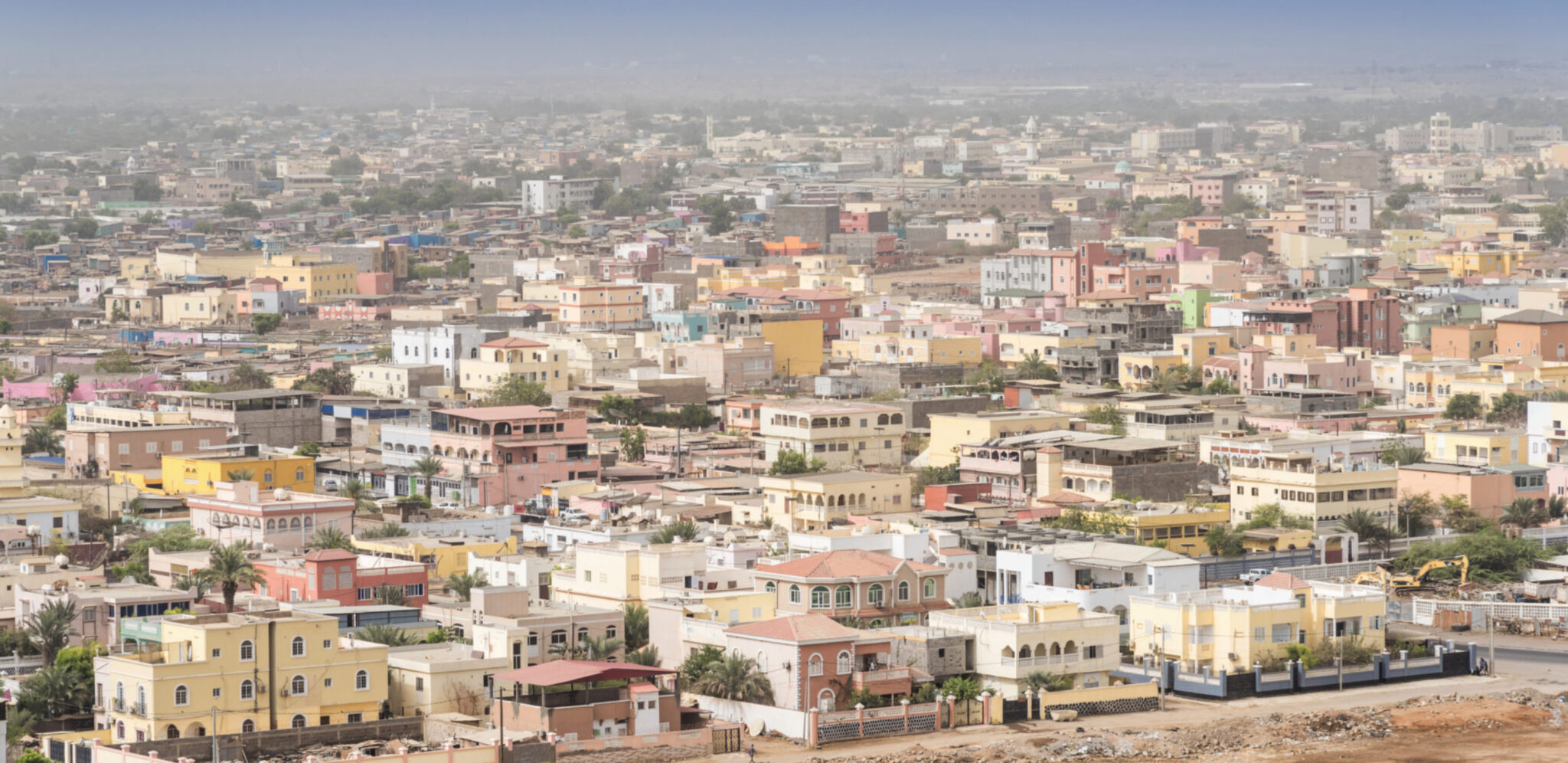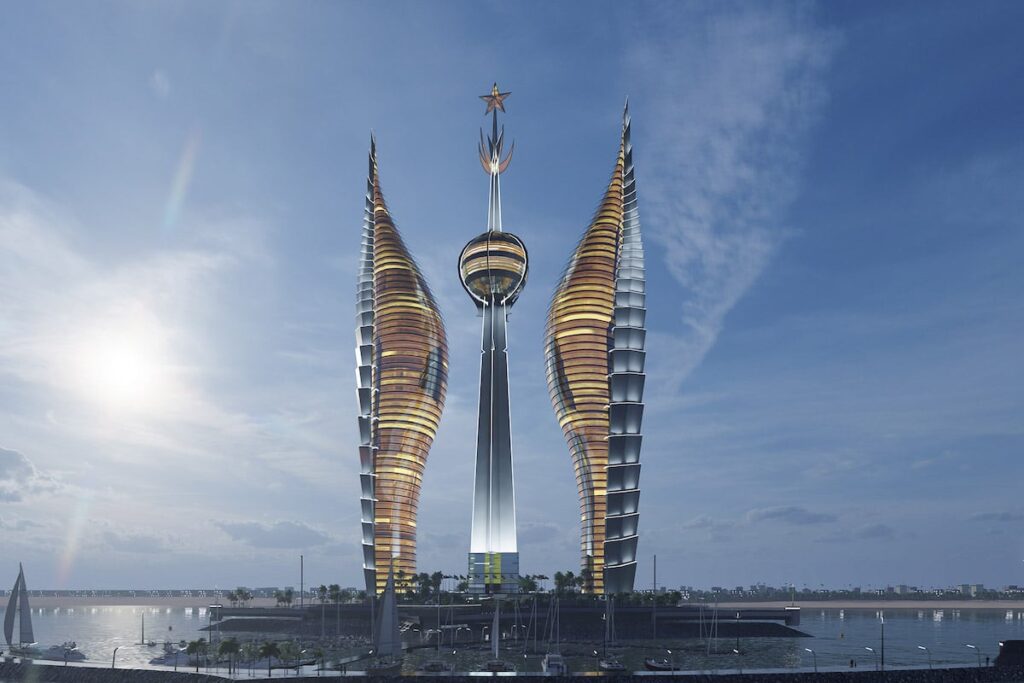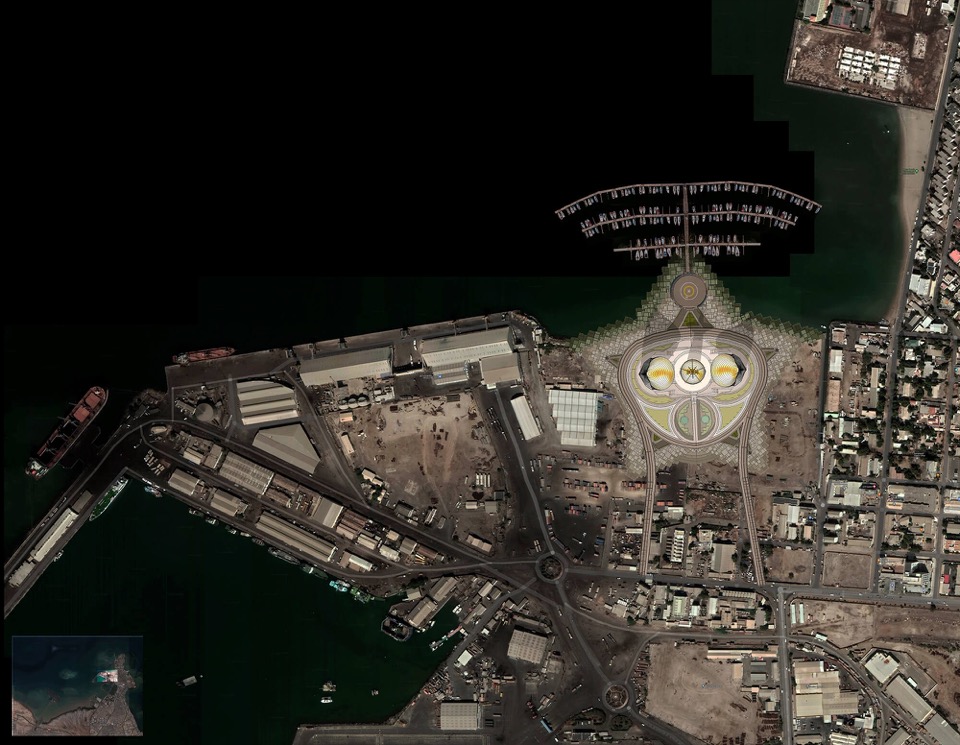Edit Content
Edit Content
Edit Content
Edit Content
Edit Content
Edit Content
The Horn of Africa’s Djibouti is a tiny nation with a population of just over a million people. It serves as an important entryway to East Africa and the Red Sea thanks to its strategic location at the intersection of some of the busiest shipping routes in the world. Trade, transportation, and services make up a large portion of Djibouti’s economy, and the country’s port and free trade zones have been instrumental in its growth.
Djibouti’s economy, which has experienced an average annual growth rate of about 6%, has been among the fastest growing in Africa recently, according to the World Bank. This development has been fuelled by infrastructure investments, particularly in the nation’s ports and transportation systems, as well as by the expansion of its free trade zones.

To encourage business and the nation’s economic development, Djibouti has a straightforward tax structure. Only income earned within Djibouti is subject to taxation under the nation’s territorial tax system.

A tax on the profits made by businesses operating in Djibouti is known as corporate income tax. In Djibouti, the corporate income tax rate is 25%. All businesses operating in Djibouti must pay this tax, regardless of whether they are locally or internationally owned.
The tax is calculated based on the company’s net profit, which is the difference between its total revenue and total expenses.
A foreign company can also establish a branch in Djibouti, which is subject to the same regulations as local companies.
This is a partnership where all partners have unlimited liability for the debts and obligations of the partnership. There is no minimum capital requirement for an “SNC”.

This is a partnership where there are two types of partners: general partners who have unlimited liability, and limited partners who have limited liability. The minimum capital required to form an “SCS” is DJF 1 million.
This is a company that has a limited liability structure and is owned by shareholders. The liability of the shareholders is limited to the amount of their investment.

This is a company that has its capital divided into shares and is owned by shareholders. The shareholders are liable only to the extent of their shareholdings. A public limited company can be listed on the Djibouti Stock Exchange.
A sole proprietorship is a type of company that is owned and operated by a single individual. The owner is fully responsible for all aspects of the business, including any debts or legal liabilities that may arise.

We have a team of professionals to help you with all your business needs. So, that you can focus on business expansion in Djibouti.
Please feel free to email us on enquiries@chandrawatpartners.com
The Horn of Africa’s Djibouti is a tiny nation with a population of just over a million people. It serves as an important entryway to East Africa and the Red Sea thanks to its strategic location at the intersection of some of the busiest shipping routes in the world. Trade, transportation, and services make up a large portion of Djibouti’s economy, and the country’s port and free trade zones have been instrumental in its growth.
Djibouti’s economy, which has experienced an average annual growth rate of about 6%, has been among the fastest growing in Africa recently, according to the World Bank. This development has been fuelled by infrastructure investments, particularly in the nation’s ports and transportation systems, as well as by the expansion of its free trade zones.
A small but well-positioned nation in the Horn of Africa, Djibouti has several benefits to offer companies looking to expand their presence there.
Djibouti provides a range of incentives for companies, such as duty-free zones, tax holidays, and other incentives to promote investment. Additionally, the nation has carried out several economic reforms to enhance the business climate and draw in foreign capital.
The African Union, the Arab League, and the World Trade Organization are just a few of the regional and global associations that Djibouti belongs to. By highlighting its dedication to international trade and investment, this has helped to raise its profile and draw in foreign capital.
Djibouti has made significant investments in building its ports, airports, roads, and telecommunications network. Businesses now find it simpler to communicate with clients and partners and transport goods.
With a democratic government and a pro-business policy framework, Djibouti has a stable political climate. This has contributed to the development of a positive business environment, making it a desirable location for foreign investment.
Due to its advantageous location at the confluence of important trade and shipping routes, Djibouti has quick access to markets in Africa, the Middle East, and Asia. For companies looking to expand their operations into these areas, it is the perfect place to do so.
To encourage business and the nation’s economic development, Djibouti has a straightforward tax structure. Only income earned within Djibouti is subject to taxation under the nation’s territorial tax system.
A tax on the profits made by businesses operating in Djibouti is known as corporate income tax. In Djibouti, the corporate income tax rate is 25%. All businesses operating in Djibouti must pay this tax, regardless of whether they are locally or internationally owned.
The tax is calculated based on the company’s net profit, which is the difference between its total revenue and total expenses.
In Djibouti, VAT is currently set at a standard rate of 10%. The value added at each stage of the production and distribution process is subject to this tax. If a business’s annual turnover exceeds a certain amount, it must register for VAT.
Imported goods are subject to customs fees based on their value and classification. Some items are duty-free, and the rates change depending on the kind of imported goods. The Djibouti Revenue Authority (“DRA”) is in charge of collecting customs fees.
A foreign company can also establish a branch in Djibouti, which is subject to the same regulations as local companies.
This is a partnership where all partners have unlimited liability for the debts and obligations of the partnership. There is no minimum capital requirement for an “SNC”.
This is a partnership where there are two types of partners: general partners who have unlimited liability, and limited partners who have limited liability. The minimum capital required to form an “SCS” is DJF 1 million.
This is a company that has a limited liability structure and is owned by shareholders. The liability of the shareholders is limited to the amount of their investment.
This is a company that has its capital divided into shares and is owned by shareholders. The shareholders are liable only to the extent of their shareholdings. A public limited company can be listed on the Djibouti Stock Exchange.
A sole proprietorship is a type of company that is owned and operated by a single individual. The owner is fully responsible for all aspects of the business, including any debts or legal liabilities that may arise.
The Horn of Africa’s Djibouti is a tiny nation with a population of just over a million people. It serves as an important entryway to East Africa and the Red Sea thanks to its strategic location at the intersection of some of the busiest shipping routes in the world. Trade, transportation, and services make up a large portion of Djibouti’s economy, and the country’s port and free trade zones have been instrumental in its growth.
Author: Chandrawat & Partners
Topic: Doing Business in Djibouti
Download our comprehensive guide on – Doing Business in Djibouti
Get in touch with the right people to get the right help in setting up your business in Djibouti.
Contact us at: enquiries@chandrawatpartners.com
Chandrawat & Partners is a prominent full-service firm dedicated to delivering top-tier professional services to clients both within the domestic and international spheres.
Copyright © Chandrawat & Partners. All Rights Reserved.
Copyright © Chandrawat & Partners. All Rights Reserved.
Chandrawat & Partners stands as a dynamic and rapidly expanding full-service firm, specializing in the delivery of exceptional professional and corporate services to a diverse clientele, both foreign and local. We proudly represent companies and individuals across a wide spectrum of sectors through distinct entities established in various countries worldwide.
Chandrawat & Partners stands as a dynamic and rapidly expanding full-service firm, specializing in the delivery of exceptional professional and corporate services to a diverse clientele, both foreign and local. We proudly represent companies and individuals across a wide spectrum of sectors through distinct entities established in various countries worldwide.
ASIA
AFRICA
EUROPE
NORTH AMERICA
SOUTH AMERICA
OCEANIA